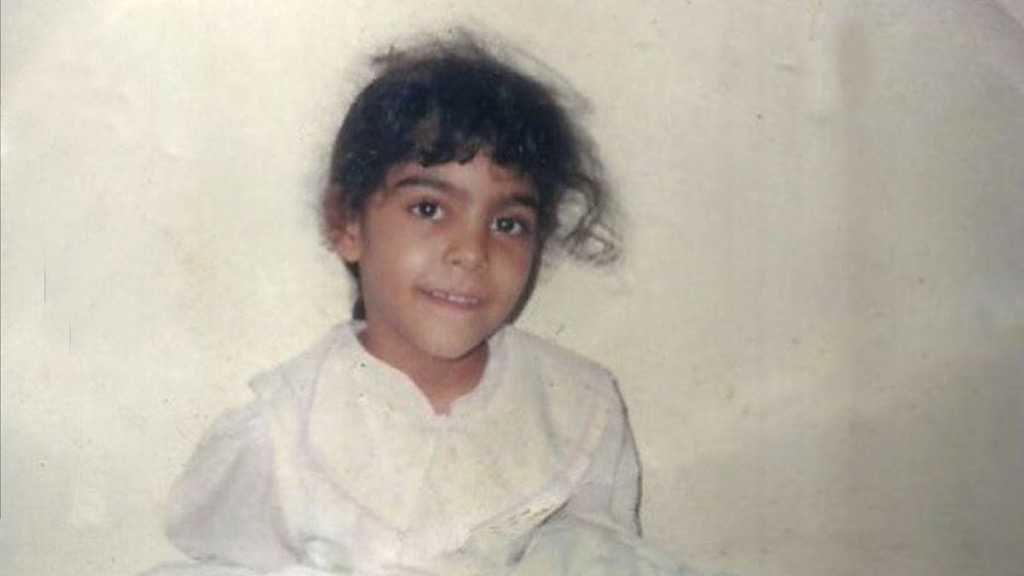
August 2019 marks the one-year anniversary of the beginning of the trial of human rights advocate Israa al-Ghomgham, in which the Public Prosecutor sought the death penalty. The petition – which provoked widespread condemnation for being the first time that prosecutors had requested the death sentence for a detained female human rights advocate – was amended months later. After four court hearings beginning in August 2018 – the first one held without a lawyer, followed by three troubled and ambiguous hearings at which the government did not haveal-Ghomgham appear –official documents confirmed that the application for execution was changed to a prison sentence.
Although one year has passed since al-Ghomgham’s first hearing, her trial hearings remain secret, with the public prosecution requesting several penalties against her, including the maximum penalty prescribed in Article 8 of the Anti-Forgery Law, which means she faces up to 5 years in prison and a fine of SAR 500,000 (€120,000), and the maximum penalty prescribed in Article 6 of the Anti-Cybercrime Law, calling for up to five years in prison and a fine of up to SAR 3 million (€722,000). The public prosecution has also requested that al-Ghomgham be prevented from writing. Al-Ghomgham’s next hearing is expected to take place in September 2019, with her trial still lacking many of the basic requirements for fair trials.
The ESOHR stresses that al-Ghomgham’s arrest is based on human rights violations. According to international human rights lawyer Oliver Windridge’s legal analysis of the indictment,al-Ghomghamis facing disproportionate and unfair charges.The ESOHR also notes that although the prosecution has retracted its request for execution, this does not mean that the Saudi government has begun to act fairly – al-Ghomgham is still being charged in the terrorism court under the terrorism law on account of her peaceful activities guaranteed under international law.
The ESOHR points out that, in January 2019, the Saudi government responded to a joint letter sent by 10 UN rapporteurs and teams in October 2018, which dealt with the cases of several activists, including al-Ghomgham. The official response contained numerous inaccuracies, reiterating that the charge against al-Ghomgham was terrorism, denying that the demonstrations and movements that occurred in the Eastern Province were peaceful, and claiming that she received all her legal rights. The Saudi response denied that the public prosecution sought the death penalty against al-Ghomgham, while confirming its request for the death of four detainees in the same case, even though numerous rights organizations, including the ESOHR, had already obtained a copy of the public prosecution’s previous indictment seekingIsraa al-Ghomgham’s execution.
This fraud perpetuated in the Saudi response shows how the Saudi government deals with UN mechanisms and sidesteps transparency. In addition, the death penalty request for four detainees in the same case, who face charges similarto those for whom the prosecutor is seeking prison sentences, highlights the lack of uniform trial standards in considering these issues. It is surprising that the public prosecution continues to seek the execution of Israa’s husband, Mr. Moussa al-Hashim, and her colleagues, Ahmed al-Matrud, Ali al-Awayshir, and Khalid al-Ghanim, despite the very similar charges and the lack of any substantial difference between them.
Furthermore, the continuation of al-Ghomgham’s trial ignores the public statement issued by UN rapporteurs in October 2018, in which they noted the cases of detained female human rights advocates, including al-Ghomgham, and urgently called on the government to free them unconditionally and dismiss the charges against them.
The ESOHR emphasizes that human rights defender Israa al-Ghomgham faces multiple forms of repression against the backdrop of her peaceful activism, part of a cycle of abuse against women detainees in Saudi Arabia. The ESOHR maintains that the only remedy is to release al-Ghomgham immediately and hold the perpetrators of her abuse accountable.
